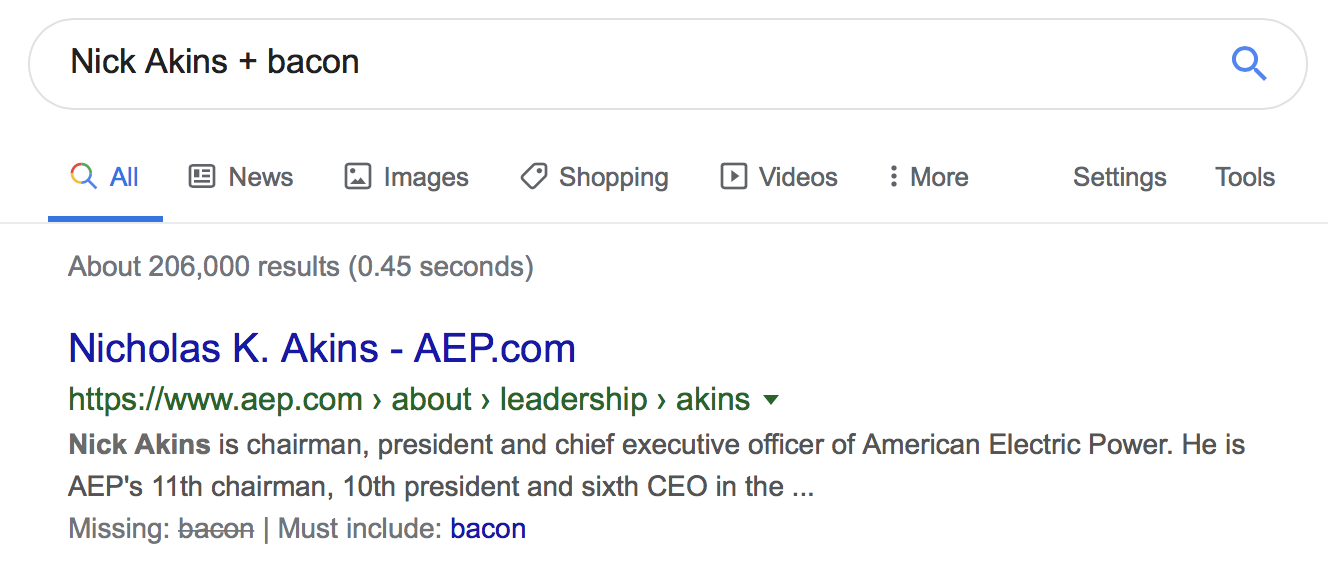Unsurprisingly, their omissions ignited wide suspicion that commissioners had acted on behalf of their personal affiliations with utilities at the expense of electric customers and communities.
Last Friday, the Driftless Area Land Conservancy and Wisconsin Wildlife Federation acted on facts in the record and formally motioned PSC Commissioners Mike Huebsch and Rebecca Valcq to recuse and disqualify themselves from the case due to conflicting affiliations with utility interests.
The motion cites Commissioner Valcq’s years of work in a law firm supporting the profit making interests of WE Energies (WEC Energy Group), who is 60% owner of American Transmission Company (ATC).
Wisconsin Public Service Commissioners are required by state law to give equal consideration to electric customers who pay the long-term, high-interest debt on all new utility projects as well as look out for the financial stability of state for-profit utilities.
While electricity use has been flat over the last ten years, Wisconsin utilities have benefited from historic rate and meter fee increases. A successful law suit by a
coalition of manufacturing users in 2016 showed that Wisconsin utility spending towards transmission doubled from 2005-2015 while customer payments to meet this
spending increased four times.
Among conflicts of interest cited for Commissioner Huebsch are his past and ongoing collaborations with the transmission builders and other utilities in the design of
regional planning that ATC used in the CHC proposal. During the PSC hearings in June, a witness representing this planning confessed that its assumptions and outcomes were never reviewed by impartial industry professionals. The economic planning Huebsch backed defined future customer spending, future customer usage and eliminated competitive alternatives -- all leading to large electric bill increases and CO2 emission
increases over time.
Specifically, Huebsch’s planning input helped establish $200 to $282 billion in new power plant spending across the Midwest and, unexplainably, it assumed that flat electricity use would suddenly start increasing. Introducing further economic harm to electric customers, Huebsch backed planning limited increases in energy efficiency investment to 10% and, astonishingly, predicted there would be no increases in installations of solar on homes and businesses through 2031. Despite intentions for the expansion planning to favor the economics of the CHC proposal, PSC staff estimates found it would not meet minimal monetary requirements in 8 out of 11 cases they evaluated.
For these and other reasons, most observers expected Commissioners to choose the PSC staff’s alternative. Named the "Base with Asset Renewal Alternative", it is founded on rebuilding two, 1950-era transmission lines at the Mississippi River at Cassville, Wisconsin. Staff reported to Commissioners that their alternative would have comparable reliability benefits, comfortably meet state economic requirements and would cost only $900,000 compared to $2.2 billion Cardinal Hickory Creek would require of Wisconsin and regional ratepayers.
It is expected that the Commission’s Administrative Law Judge will respond to the motion to disqualify Commissioners Huebsch and Valcq from the Cardinal Hickory Creek proceeding in the near future.
The motion can be accessed on the PSC website.

 RSS Feed
RSS Feed